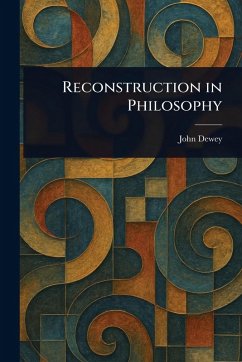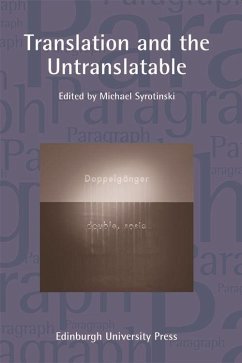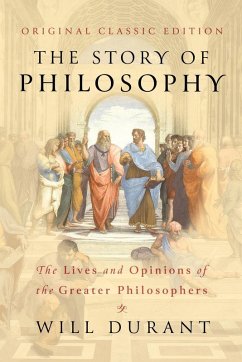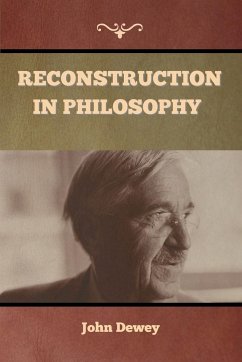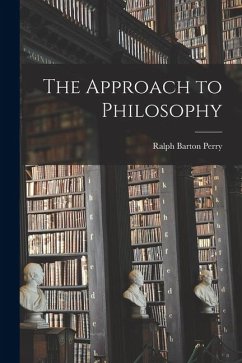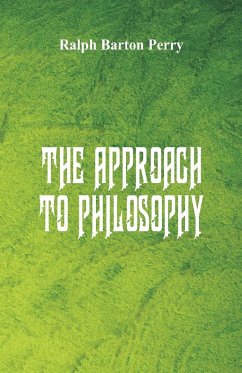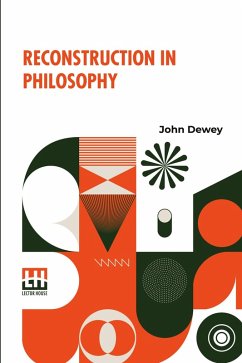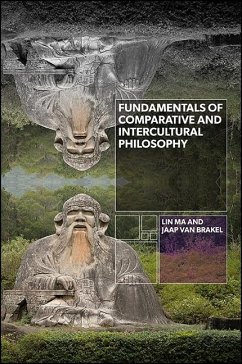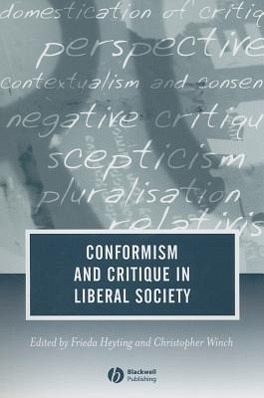
Conformism and Critique in Liberal Society
Versandkostenfrei!
Versandfertig in über 4 Wochen
35,99 €
inkl. MwSt.

PAYBACK Punkte
18 °P sammeln!
The role of critique in education receives intense scrutiny in philosophy of education, both in Europe and in North America. This volume, which includes contributions from authors in nine different countries, brings together a range of contrasting European and Anglophone perspectives on this issue motivated by a concern for social justice and improvement in education. The book covers a range of topics that extend across different aspects of educational critique, including negative critique, critique and relativism, critique and utopianism, the limits of critique, and the idea that critique con...
The role of critique in education receives intense scrutiny in philosophy of education, both in Europe and in North America. This volume, which includes contributions from authors in nine different countries, brings together a range of contrasting European and Anglophone perspectives on this issue motivated by a concern for social justice and improvement in education. The book covers a range of topics that extend across different aspects of educational critique, including negative critique, critique and relativism, critique and utopianism, the limits of critique, and the idea that critique contains the seeds of a self-limiting orthodoxy. The pairing of each of the main chapters with companion pieces that engage critically with them not only deepens the reflective impact of the separate arguments but also strengthens the coherence of the book as a whole.



